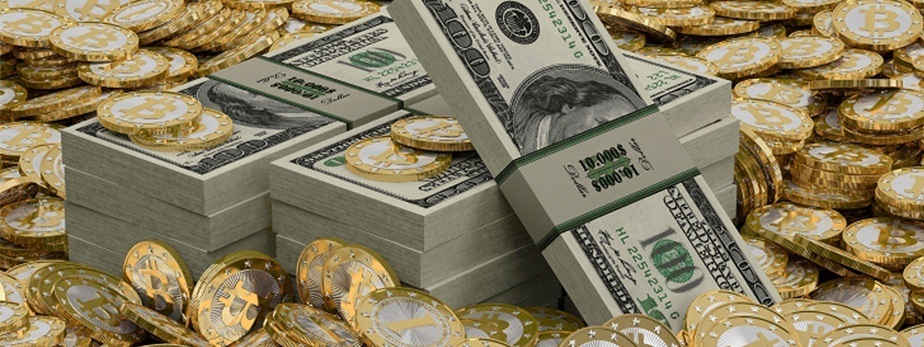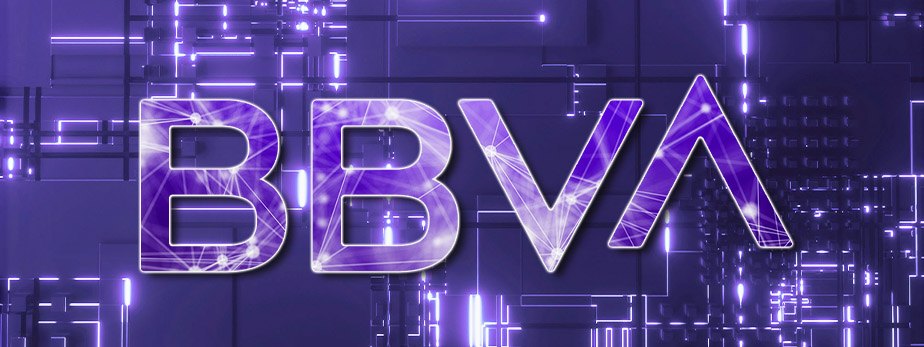Fiat Money to Face Fierce Competition From e-Money IMF Says
The International Monetary Fund (IMF) concluded that e-money might surpass cash and bank deposits. By e-money, the IMF also means cryptocurrencies and stablecoins like Facebook’s Libra, which might be launched in 2020 if the US government endorses it.
IMF Discusses Libra
On Monday, the IMF published a paper called “The Rise of Digital Money.” The organisation said that this was the first report of a new IMF series called Fintech Notes. The series will revolve around topics related to the digital economy and will be released periodically.
The first paper discusses the expansion of digital money, including digital currencies like stablecoins. Specifically, the IMF calls stablecoins as the most popular form of e-money.
While there are multiple forms of e-money, the IMF says that Libra is different from the narrow definition of e-money, falling under the category of i-money. The document explains:
I-money is a potential new means of payment, though one which may or may not take off. I-money is equivalent to e-money, except for a very important feature—it offers variable value redemptions into currency; it is thus an equity-like instrument. I-money entails a claim on assets, typically a commodity such as gold or shares of a portfolio.
The paper says that Libra is an example of i-money, as it’s backed by a portfolio of assets called Libra Reserves. It will include bank certificates of deposits and short-term government bonds. Users will be able to convert the coins into fiat money at any given time for their share of the going portfolio value.
e-Money to Put Pressure on Banks
The IMF says that the adoption of e-money will be rapid. The banks will have to adjust to the new reality of a digital economy.
The report reads:
Banks will feel pressure from e-money, but should be able to respond by offering more attractive services or similar products.
On the other side, regulators should expect major changes in the banking space. The IMF warns that the current newcomers in the payment industry may become banks themselves one day. Nevertheless, the banking model as such won’t collapse.
In the near future, traditional money will be used in parallel with e-money, the international organisation says. The authors predicted that:
Cash and bank deposits will battle with e-money, electronically stored monetary value denominated in, and pegged to, a common unit of account such as the euro, dollar, or renminbi, or a basket thereof.
The IMF concludes that cryptocurrency is by far the most unstable and riskiest form of e-money, though it might provide higher capital gains. For example, Bitcoin’s daily changes are 10 times higher than in most major fiat pairs. This is actually true – on Wednesday, the largest coin by market cap has lost over $1,000, currently trading below $9,300.

Anatol has been writing for our news site for a year and is the newest member of our team. While he’s new to us, he’s certainly not new to trading with over 10 years’ experience being a professional financial journalist and working in the markets.

 News Home
News Home
 Privacy Policy
Privacy Policy
 About Us
About Us








